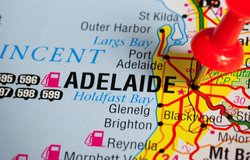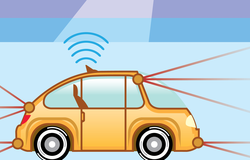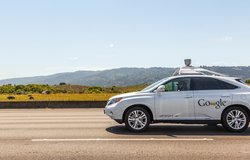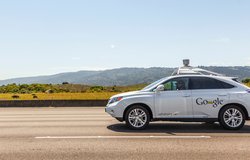Chrysler recalls 1.4 million cars after vulnerability: “This won’t be the last patch we see”

(c)iStock.com/ollo
Amid the various articles and media hysteria regarding the recall of 1.4 million Chrysler cars after vulnerabilities were disclosed, one executive argues this could be the tip of the iceberg.
Tim Erlin is director of security and product management at Tripwire. He argues Chrysler has an opportunity to make the most out of this incident and pioneer software security for the automotive industry, adding there are known software security best practices. However, he added: “A recall has...



















